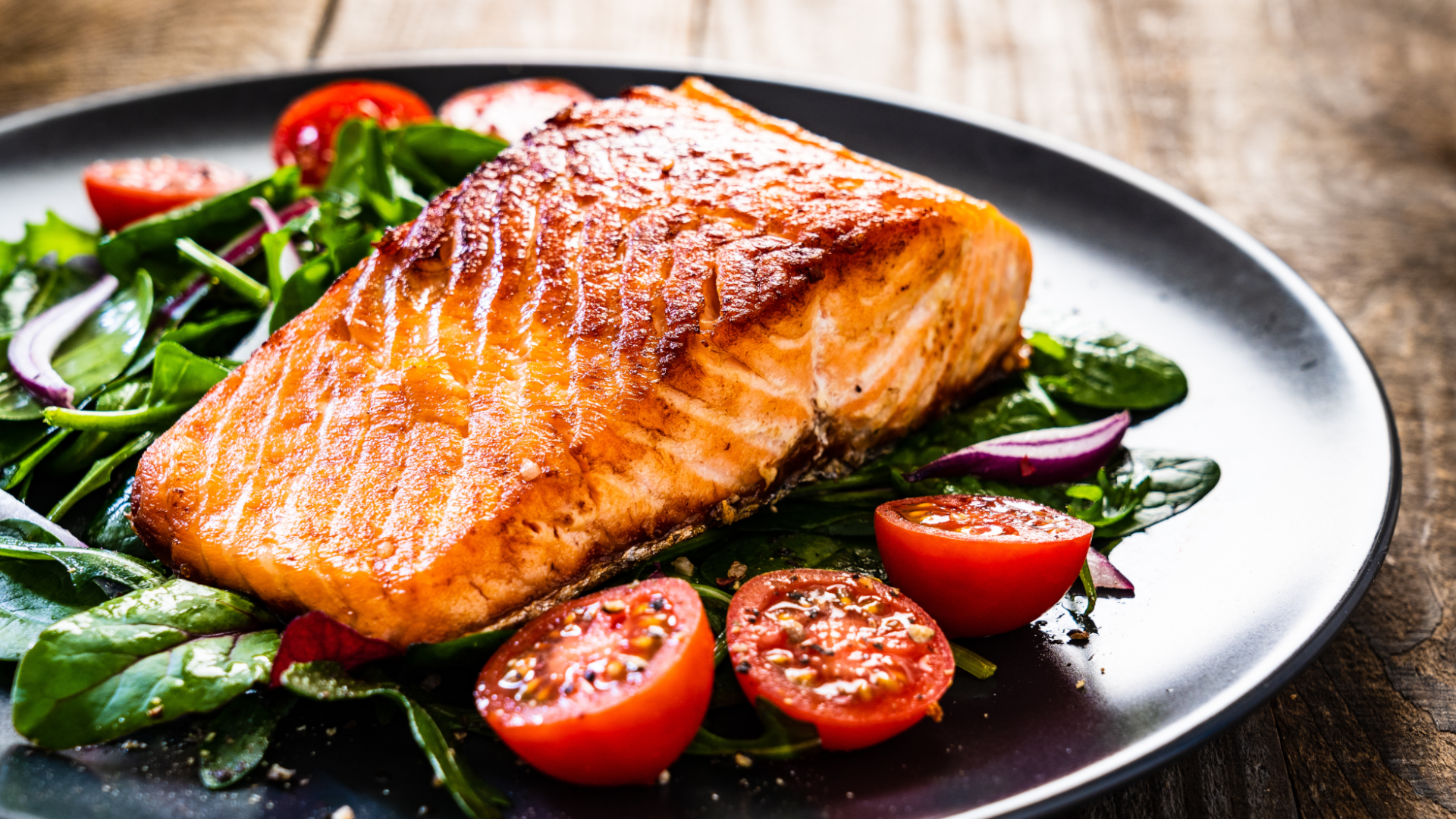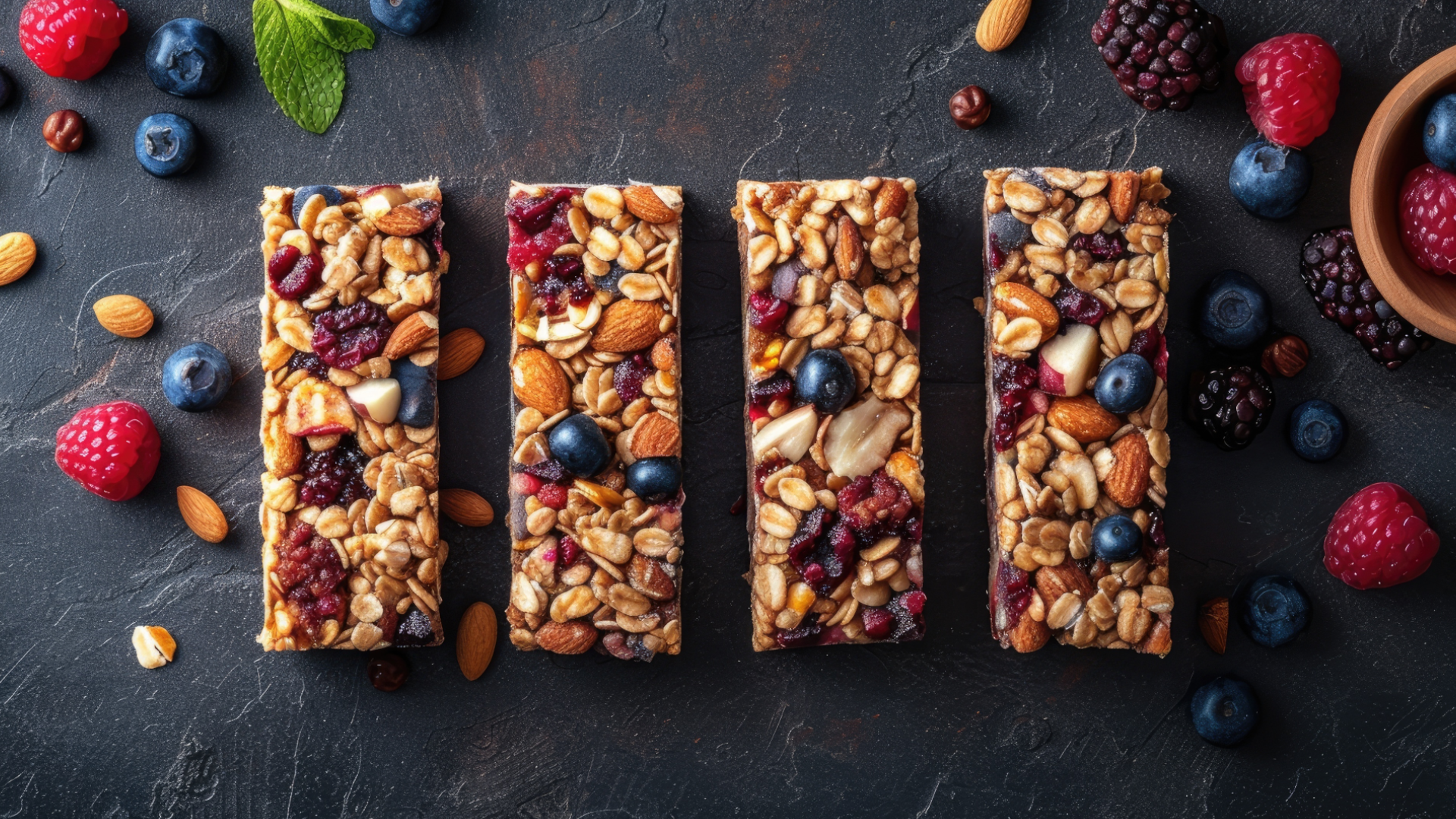Grab your cheat sheet |
You probably already know you need to drink water while exercising.
But did you know that up to 60% of your body is water?
No wonder hydration is drilled into us when thinking about sports nutrition.
There needs to be more explanation about the role of hydration in sports. Why is it important? How and when should you be hydrating? This blog answers your questions about the role of hydration in sports nutrition.
Why is hydration important in sports nutrition?
Hydration is part of our everyday health. We need water to survive. But it’s even more vital when you’re taking part in sports.
Exercise can increase your sweat rate by up to 20 percent. This sweat loss leads to an increased metabolic rate. And ultimately, this means your hydration levels drop further and faster than usual.
When your hydration levels are not topped up, you become dehydrated. Dehydration affects essential bodily functions and causes headaches. But it can also lower your sports performance and reduce endurance ability.
Thankfully, rehydrating your body as part of your sports nutrition plan is easy. Keeping your body hydrated can improve your performance, increase mental ability and reduce fatigue.
When should I be hydrating as part of sports nutrition?
Hydration should be a vital part of your sports nutrition plan. And not just while you’re training. Hydration is essential before, during and after you take part in sports.
The American Sports Medicine Association reported that hydration should start 4 hours before starting your training. This prepares your body for sweat loss during exercise, as well as aiding your concentration and energy levels.

During exercise, your body’s hydration levels begin to deplete. Even with adequate pre-training hydration, your levels drop rapidly. This is particularly important in certain types of training, such as endurance or training in the heat.
Some people struggle to stomach liquids during exercise. But it is important to start incorporating this into your training plans. If you find this difficult, gradually introduce water intake during sport, drinking little but often to avoid the dreaded stomach sloshing!
Your work doesn’t stop once you finish your workout. Sweat evaporates as your body cools down from exercise, so hydration needs to continue. Have you tasted that salty upper lip after exercising? That’s an outcome of your body sweating out its water, leaving a salt residue behind!
Eventually, of course, your hydration levels will balance out. But how do you know if you have drunk enough?
How much should I be drinking in my sports nutrition plan?
The first thing to consider with hydration in sports nutrition is that your requirements depend on the type of sport you are doing and your environment. These factors will have a significant impact on how you plan your hydration.
A common consideration you are likely aware of is the weather. Exercising in extreme heat increases cardiac pressure and sweat rate, leading to higher hydration requirements than in cooler temperatures.
Equally, training in freezing temperatures also requires more hydration than usual. Sweat production is still high, but you are less tuned in to your thirst response, and heavy layers can make you unaware of how much you are sweating.
Endurance athletes and those undertaking intense training will also require more rehydration than those taking part in less strenuous exercise. This is again down to increased sweat loss due to the length or intensity of activity. Extra hydration is also important for acclimatization if you enjoy training at a higher altitude.
There is currently no accurate way to measure your exact hydration requirements. However, there are good indicators to look out for.
The urine test is the easiest (though not the most appealing) way to check your hydration levels. You should be urinating an almost-clear champagne color. If it’s looking dark, keep up the water intake. You know you are adequately hydrated once your urine returns to its normal color.
Another indicator of hydration levels is your vital signs. If you have finished exercising and are experiencing high heart rate, dizziness or fatigue, you must continue rehydrating.
Should I be drinking water or electrolytes in sports nutrition?
Water will always be the best drink for hydration in sports nutrition. Athletes commonly use electrolyte drinks instead, and while they can provide additional nutrients, you should approach these drinks cautiously.

Electrolyte drinks that include sodium and carbohydrates can benefit rehydration and recovery, particularly for endurance athletes. Sodium replaces salts lost through sweating, and carbohydrates can replenish glycogen stores in your muscles. However, other additional nutrients in electrolyte drinks have little value in sports nutrition. You should avoid drinks with long lists of chemical ingredients, high sugar levels or added caffeine.
Related content: The Importance of Electrolytes in Sports Nutrition
Hydration is a priority in sports nutrition
Ultimately, hydration should be a top priority when planning your sports nutrition. Adequate hydration should be a goal before, during and after exercise. Consider the type of training you are doing, your environment, and how that may affect rehydration. Use body cues to track how well you are rehydrating, and remember to approach electrolyte drinks with caution.
Prioritize the role of hydration in sports nutrition, and you’ll keep training at your best!



